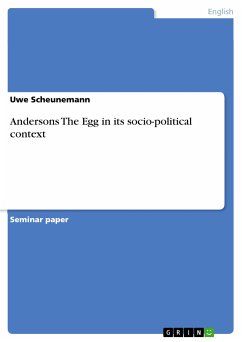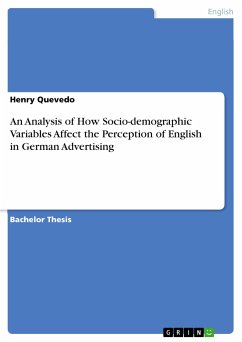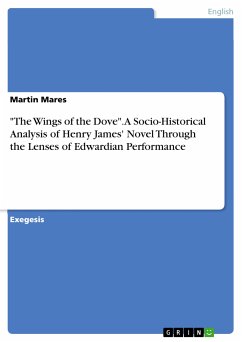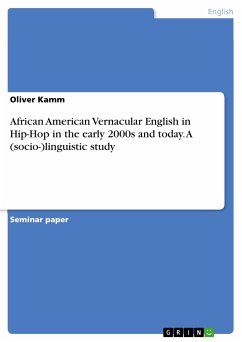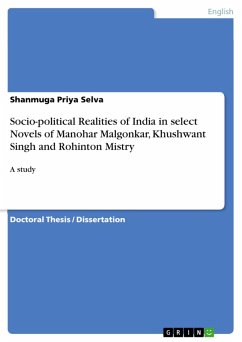Seminar paper from the year 2001 in the subject American Studies - Literature, grade: satisfactory, Dresden Technical University (American Studies), course: 20th century American short stories, language: English, abstract: Introduction The role Sherwood Anderson plays in American literature is undoubtedly important and his influence on other authors like Ernest Hemingway or William Faulkner remarkable. "Winesburg, Ohio" (1919) can be considered as a breakthrough for Anderson. His critical reflection of narrow-minded people and social relations in an American small town, seen through the spectacles of satire, is brilliant. His short story collection The Triumph of the Egg (1922) followed Winesburg, Ohio and continued this literary style which he is known for today. Nevertheless, one should take a look on Anderson' s exceptional and unusual biography which stays so much in contrast to the life he describes in his short stories. If one says that one day might change people's life, November 28th, 1912 was the day for Sherwood Anderson. On this day he left his job as president of the Anderson Manufacturing Co. including his wife and three little children in order to leave "business for literature [...]" . Of course this was not a simple decision which he made but the result of many unhappy years and a general disappointment of his life. Not only left he his family and Ohio, with this action he denied a middle-class life and examined the American way to prosperity and success which was omnipresent at that time. Anderson can also be counted to the lost generation, which Gertrude Stein defined towards Hemingway. The idealism and energy which could be found at the turn to the 20th century was all killed and buried on the battlefields of France, where thousands of Americans lost their life leaving a whole generation of emotional scattered and disillusioned men. Although Anderson did not take part in World War I, he was confronted with the sufferings of the war when he traveled Europe and met Gertrude Stein in Paris. But, one the other hand he got to know French mentality and their intention to overcome war. 'These are my people' he wrote in his diary when he came across passionate people full of temperament. [...]
Dieser Download kann aus rechtlichen Gründen nur mit Rechnungsadresse in A, B, BG, CY, CZ, D, DK, EW, E, FIN, F, GR, HR, H, IRL, I, LT, L, LR, M, NL, PL, P, R, S, SLO, SK ausgeliefert werden.

